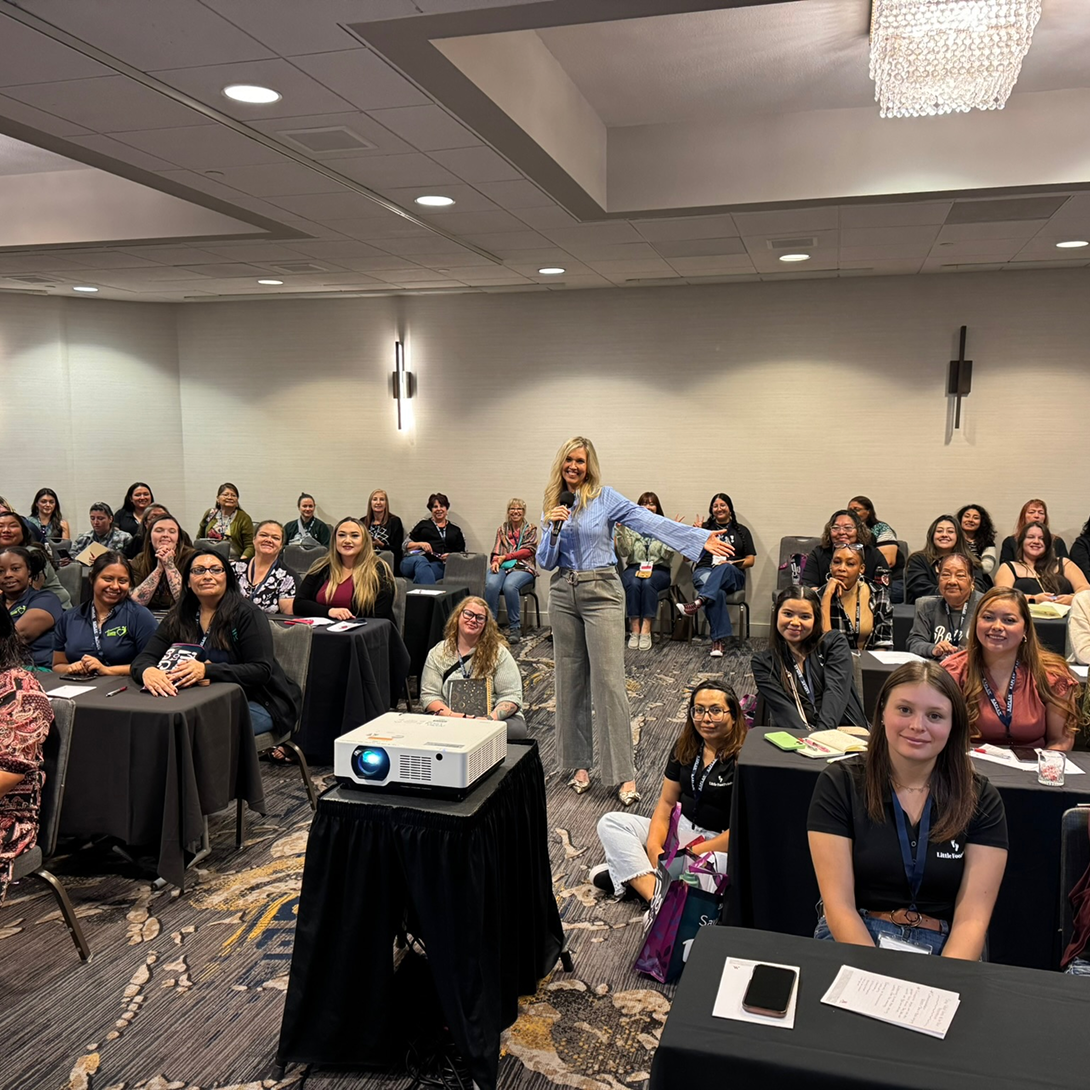When you think about aggressive and defiant behavior, do a few students in particular come to mind? You can probably even peg those kids who have an exaggerated anger response when something triggers them or doesn’t go their way. Unfortunately, as long as you’re in the classroom, you’ll find yourself faced with these things because children are still learning about self-regulation (a.k.a. being able to control themselves!).
Just as self-regulation is important for children, it’s equally as important for you as a teacher because your students are learning from your actions every day. So even though it’s hard — and yes, sometimes downright impossible feeling — check your attitude toward the children who can be a challenge, toward the activities and transitions you know can cause difficulties, and be open about accepting these challenges as nothing more than a learning opportunity for you and the kids you so lovingly serve.
Identifying It & Understanding It
When it comes to aggression and defiance, you’re probably all too familiar with identifying it. It’s those kids who run away from class, bite classmates, kick teachers, and cause other incredibly frustrating problems that leave you utterly exhausted. We know. We’ve been there, too.
However, after identifying it, the key to managing this type of behavior starts with understanding it. As with many other things, knowing context helps.
Children can become aggressive for all sorts of reasons… just like adults. They’re hungry. They’re tired. Maybe there are some shifts happening at home, or a parent is chronically sick. They could even be learning it from others, whether it’s at home, or from movies or video games. And sometimes, they’re just dealing with special circumstances, such as attention issues, emotion regulation problems, hyperactivity, or even the effects of spectrum disorders such as Asperger’s or Autism. All of these internal factors can greatly affect how your students react to adversity and stress, both in your classroom and outside in the world.
Managing Aggressive & Defiant Behavior in the Classroom
If you want to get a grip on this type of behavior, strategic classroom setup; thoughtful classroom management; and a predictable routine will allow most children to carry on about their days without much trouble.
However, in instances where the aggressive and defiant behavior occurs, here are some tips to help you handle it:
- Validate feelings. Labeling and stating their emotion, and then repeating what they said upset them can help them feel seen, heard, and cared for. Sometimes they just leave things here and never carry on with any more tantrum behavior.
- Stick with your word. Say what you mean, and mean what you say! If there are five minutes left in outside play time, then that’s it. Set a timer so they know; it’s hard to argue with a timer! When it’s time to move onto whatever is next, offering them options to choose from can help.
- Communicate a lot. Even when it’s hard to do, a good line of communication with not only the child’s caregiver, but also your director, can go a long way. There’s power in numbers, and consistency is key!
- Build good relationships. Respond in love, always. Building positive, nurturing relationships with your students is the most important thing you can do to set yourself up for success when dealing with these difficult behaviors.
- Promote positive social behavior. Teaching your students to take turns, solve problems, work together, and help others can go a long way in developing a sense of community within your classroom. It also helps them understand that all of them are an important part of having a good day.
Note: Sometimes behavior (like physical violence, threats, and inconsolable screaming) calls for disenrollment. Though it should be a last resort, it must be considered when kids have extreme behaviors that pose a risk to themselves, staff, and other children in the program.
What Will You Do Differently Tomorrow?
Think about how you usually approach children in your classroom who frequently exhibit difficult behaviors. Now, think about what you will do differently tomorrow. We know you get tired, frustrated, exhausted, and downright overwhelmed. It’s all part of teaching, and teaching is hard!
But when you go back to your classroom, we encourage you to do so with renewed energy and use some of these strategies with your most challenging little ones. By responding quickly, efficiently, and consistently to aggressive and defiant behavior, you can provide a gentle reminder that you are in charge, and they don’t need to worry about what comes next.
At Impact Early Education, we know your work is never done. That’s why we provide valuable professional development courses for preschool teachers, directors, and owners in a way that works for you. To learn more, explore our courses or contact us today!















